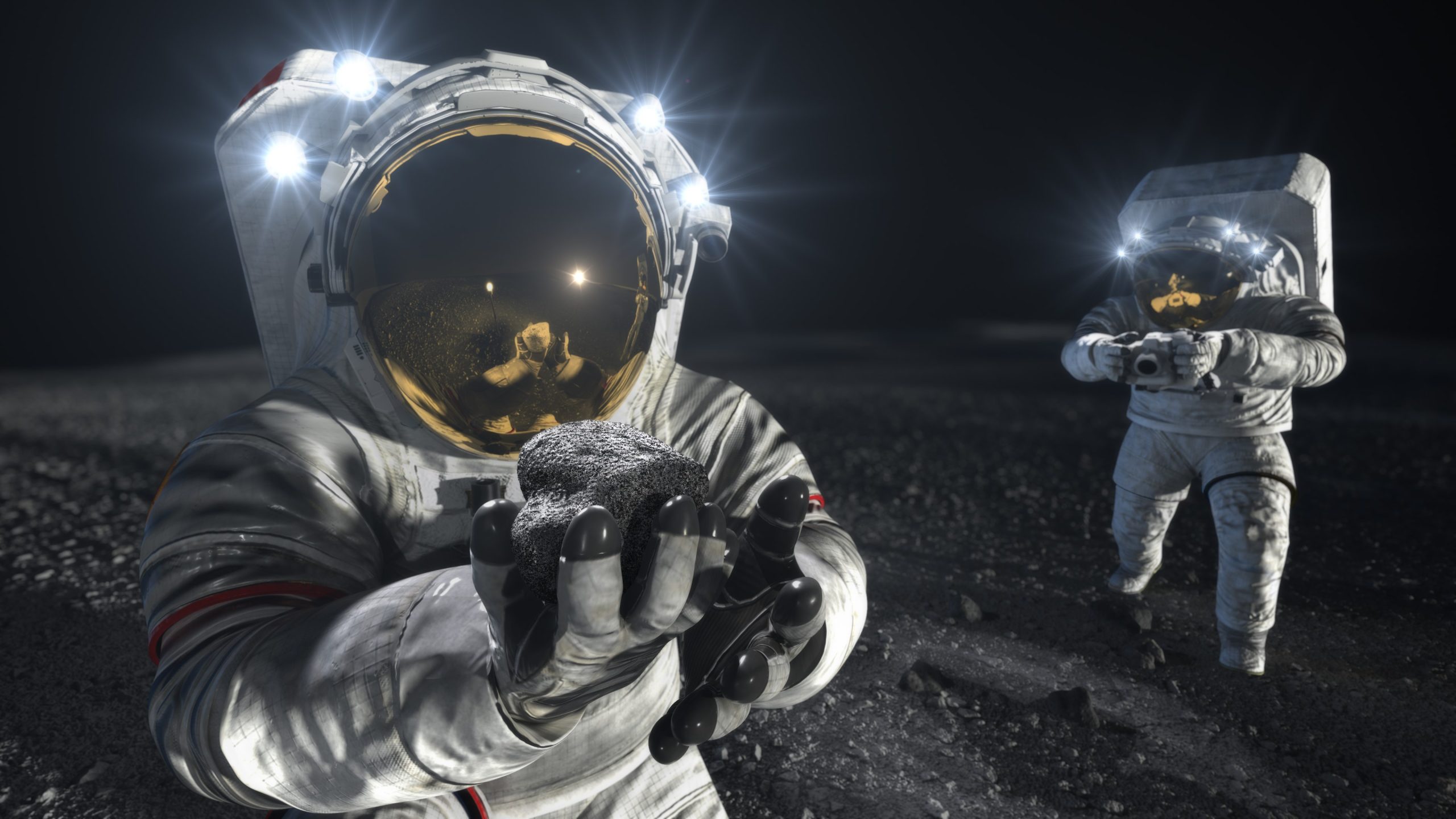A new study examined the bones of 17 astronauts who visited the International Space Station (ISS) to assess the effects of space travel on the human body, and especially on bones, ahead of potential future long spaceflights.
The research assessed bone loss caused by microgravity conditions in space, and also examined the extent to which the process could be reversed on Earth. The research involved 14 astronauts and three females, with an average age of 47, who spent between four and seven months in space, with an average of about five and a half months.
One year after returning to Earth, a 2.1 percent lower bone density was measured in the astronauts’ stiffness and 1.3 percent lower bone strength.
Nine of the seventeen astronauts were unable to recover their original bone density upon their return.
So far, it is known that astronauts’ bone density decreases during long space flights, said lead author of the study published in the journal Scientific Reports, Lee Gabel, a professor at the University of Calgary. The novelty in their research was that they monitored for a year after they returned home whether the astronauts’ bone density had recovered, and if so, how.
According to the research, bone loss during a six-month stay in space is the same as that of older adults during their two decades on Earth, and astronauts were unable to recover about half of this loss within a year after returning.
Bone loss occurs due to the fact that the bones do not bear weight in space. According to Gabel, their research indicated that space agencies need to improve the balance between exercise and nutrition to prevent bone loss.
According to the study, longer spaceflights resulted in greater bone loss and a reduced likelihood of bone recovery afterward.
Exercising on the space station has been shown to be important in preventing muscle and bone loss. Astronauts who exercised more from Earth were more likely to regenerate bones after the mission.
Astronauts have been researching the space station for the past seven years. The study did not specify their nationalities, but revealed that they are employees of the US space agency, NASA, the Canadian Space Agency, the European Space Agency and the Japanese space agency.












































